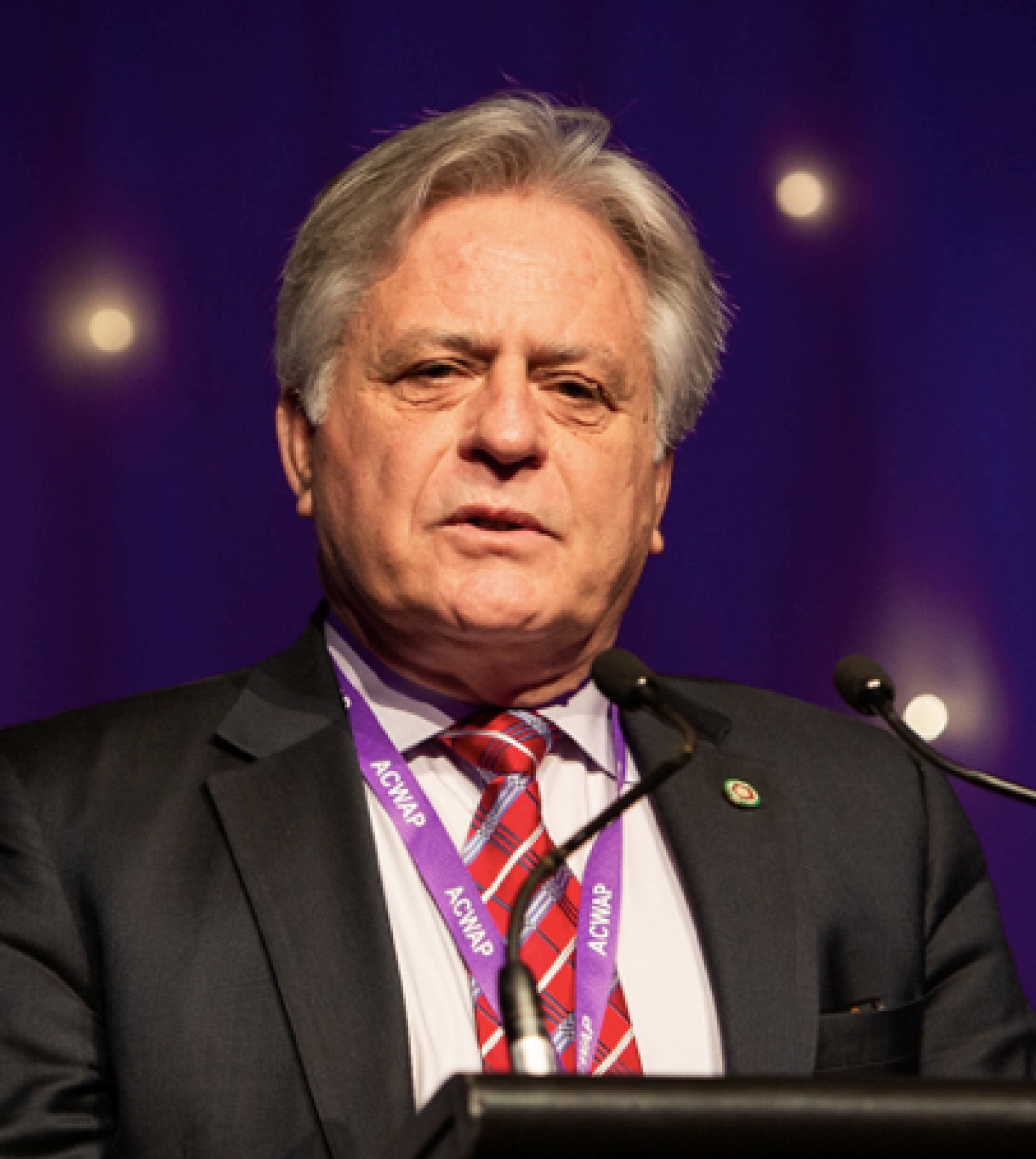Conference program
The conference theme, ‘Intelligence in Action: Strategy to Delivery’, will examine how intelligence capabilities are conceived, operationalised, and measured. Within this overarching theme, we will explore three critical sub-themes:
Operational Agility
Partnerships
Impact and Integration
Each sub-theme reflects a core component required to sustain, evolve, and future-proof the intelligence profession in Australia.
This program is under development, and AIPIO now invites abstract submissions that are clearly aligned with the Intelligence 2026 theme. For more information about getting involved in the Intelligence 2026 program please visit Call for Papers.
10:00
Pre-Conference Skills Masterclass
Pre-Conference Skills Masterclass
There are no sessions at this time that meet your filter criteria.
10:50
Pre-Conference Skills Masterclass
Pre-Conference Skills Masterclass
There are no sessions at this time that meet your filter criteria.
11:00
Registration Open, Arrival Tea & Coffee
There are no sessions at this time that meet your filter criteria.
12:00
Plenary
MC Welcome
There are no sessions at this time that meet your filter criteria.
12:05
Plenary
Welcome to Country
There are no sessions at this time that meet your filter criteria.
12:10
Plenary
Conference Opening & Setting The Scene
There are no sessions at this time that meet your filter criteria.
12:30
Plenary
Keynote
There are no sessions at this time that meet your filter criteria.
13:10
13:40
Plenary
AIPIO Annual Awards Presentation
There are no sessions at this time that meet your filter criteria.
14:10
Afternoon Tea
There are no sessions at this time that meet your filter criteria.
14:40
Plenary
Round Table Showcase
There are no sessions at this time that meet your filter criteria.
16:10
Exhibition Showcase
There are no sessions at this time that meet your filter criteria.
16:30
Operational Agility
Operation Agility Breakout Sessions
Partnerships
Partnerships Breakout Sessions
Impact and Integration
Impact and Integration Breakout Sessions
Developing Your Tradecraft
Developing Your Tradecraft Breakout Sessions
There are no sessions at this time that meet your filter criteria.
07:50
Registration Open, Arrival Tea & Coffee
There are no sessions at this time that meet your filter criteria.
08:00
Satellite Breakfast
Satellite Breakfast
There are no sessions at this time that meet your filter criteria.
08:45
Plenary
MC Reflection
There are no sessions at this time that meet your filter criteria.
09:00
Keynote
Keynote
There are no sessions at this time that meet your filter criteria.
09:40
Plenary
Plenary Session
There are no sessions at this time that meet your filter criteria.
10:20
Morning Tea
There are no sessions at this time that meet your filter criteria.
10:50
Operational Agility
Operational Agility Breakout Sessions
Partnerships
Partnerships Breakout Sessions
Impact and Integration
Impact and Integration Breakout Sessions
Developing Your Tradecraft
Developing Your Tradecraft Breakout Sessions
There are no sessions at this time that meet your filter criteria.
12:30
Lunch
There are no sessions at this time that meet your filter criteria.
13:20
Operational Agility
Operational Agility Breakout Sessions
Partnerships
Partnerships Breakout Sessions
Impact and Integration
Impact and Integration Breakout Sessions
Developing Your Tradecraft
Developing Your Tradecraft Breakout Sessions
There are no sessions at this time that meet your filter criteria.
15:15
Afternoon Tea
There are no sessions at this time that meet your filter criteria.
15:45
Operational Agility
Operational Agility Breakout Sessions
Partnerships
Partnerships Breakout Sessions
Impact and Integration
Impact and Integration Breakout Sessions
Developing Your Tradecraft
Developing Your Tradecraft
There are no sessions at this time that meet your filter criteria.
16:45
Subthemes wrap up
There are no sessions at this time that meet your filter criteria.
19:00
Function
Pre-Dinner Drinks
There are no sessions at this time that meet your filter criteria.
19:30
Function
Conference Dinner
There are no sessions at this time that meet your filter criteria.
08:00
Registration Open, Arrival Tea & Coffee
There are no sessions at this time that meet your filter criteria.
08:45
Plenary
MC Reflection
There are no sessions at this time that meet your filter criteria.
09:00
Plenary
Lightning Talks
There are no sessions at this time that meet your filter criteria.
09:40
Plenary
Plenary Session
There are no sessions at this time that meet your filter criteria.
10:40
Morning Tea
There are no sessions at this time that meet your filter criteria.
11:10
Keynote
Keynote
There are no sessions at this time that meet your filter criteria.
11:50
Plenary
Conference Close
There are no sessions at this time that meet your filter criteria.
12:30
Function
Farewell Lunch
There are no sessions at this time that meet your filter criteria.

Phil is one of Australia's preeminent thought leaders in law enforcement, intelligence and national security. For over 34 years in the Australian Federal Police, he played a key role in many of Australia's most important law enforcement programs and initiatives. He established multiagency intelligence capabilities in Australia's major airports; designed arrangements to set and manage Australia's counter terrorism priorities in the Counter Terrorism Control Centre; was instrumental in...
Thank you to our sponsors for supporting Intelligence 2026
Make sure you are part of this amazing, unique and diverse intelligence conference.



